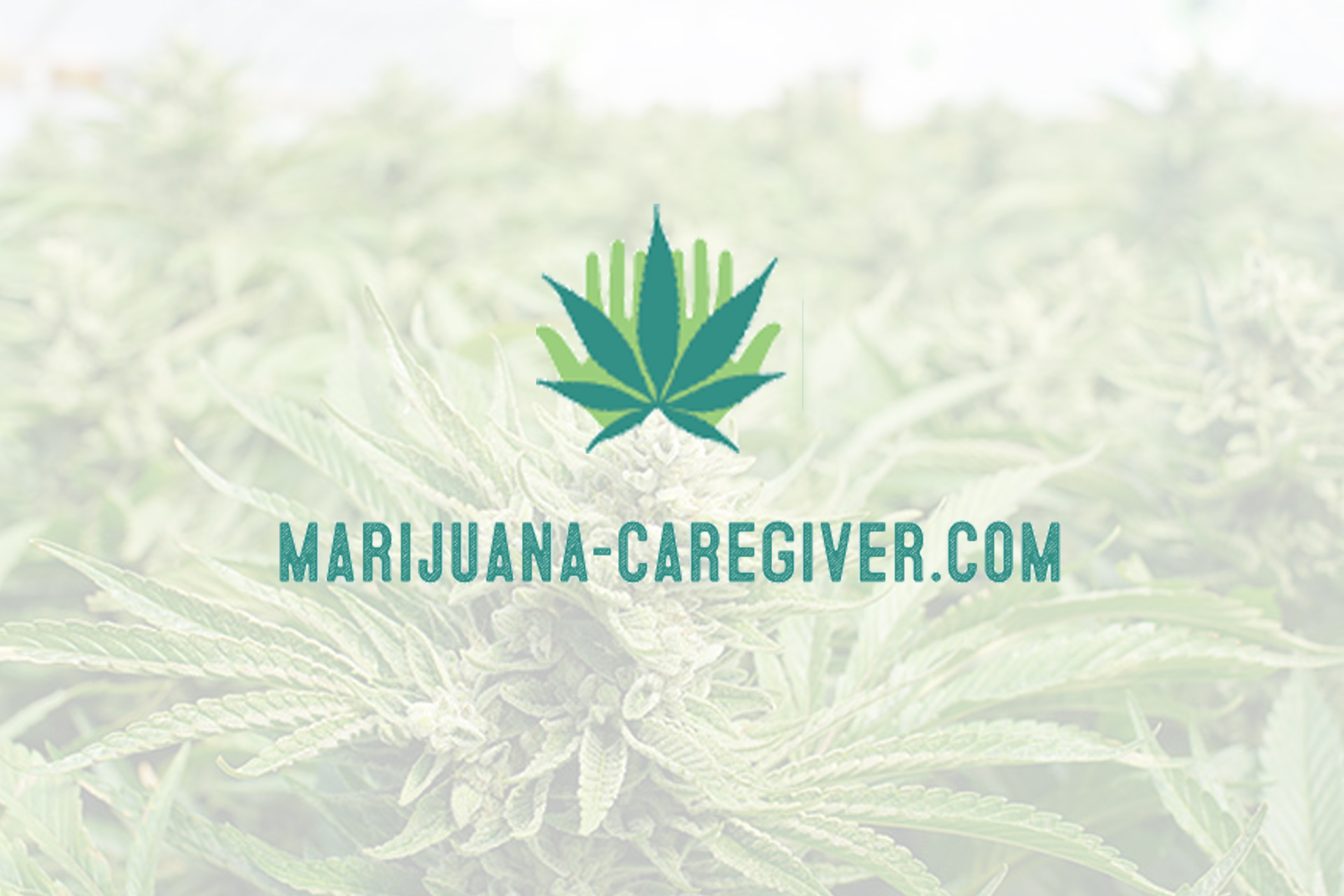According to a recent poll by AP-NORC Center for Public Affairs Research, 61% of Americans, an all-time high, support marijuana legalization. Given the growing consensus on the medical benefits of marijuana, it is surprising that legalization has taken so long to be accepted by sizable majority. Much of the fault lies with the government, which invested very little in research, while rallying the public to ban marijuana’s use.

The public was initially indifferent toward narcotics (or used them, legally), but the government launched a zealous law enforcement effort in the mid-20th century targeting immigrant population as sources of vice. Marijuana usage in the US first appeared with Mexican immigrants during the late 1800s, and the public’s prejudice against Mexicans became associated with the drug, just as opium was a hateful vice of the Chinese. Along with drugs came alleged murderous and sex-crazed behavior that targeted white women. Using these prejudices to fuel anti-narcotic sentiment, the federal government passed anti-narcotics legislation such as the Harrison Narcotics Tax Act of 1914 and the 1937 Marijuana Tax Act that, while ostensibly put in place to uphold morality, were more focused on surveillance of immigrant communities.
The anti-drug movement was pushed to greater extremes by J. Edgar Hoover and the Nixon War on Drugs to the point where the public gradually came to associate marijuana with heavy narcotics. This was supported by its listing as a Schedule 1 drug during the Nixon administration in the 1970 Controlled Substance Act. Without substantial medical evidence for this categorization, the government’s motives seemed to be based in efforts to pursue criminal charges against marijuana users who were primarily black and Hispanic.
While aware of the negative health effects of alcohol and tobacco, the government could make far more revenue from lax policies that encouraged consumption as opposed to criminalizing both. With the new recreational industry in Colorado, Washington, and Washington, D.C., the government is discovering a massive income source that is on par with revenue from alcohol and tobacco sales.
The pro-legalization majority has been growing in recent years in response to new scientific studies that have legitimized the use of marijuana as a natural medical treatment. Its benefits vary from pain relief in specific diseases such as Crohn’s disease, Hepatitis C, and multiple sclerosis, to its preventative ability to slow the progression of Alzheimer’s disease and reduce the growth of cancer. More generally, marijuana use has been associated with improved metabolism and stress relief.

As the scientific community begins to find more and more benefits that come with controlled use of the substance, the outdated social stigmas that originated out of xenophobia and prejudice as opposed to science will be disproven. In response, state legislatures have acknowledged the public health benefits of medicinal use and increased income that comes with taxation of recreational products. Marijuana legalization will lead to a healthier, happier, fairer, and safer society as opposed to its current drawbacks as a criminalized substance.


Add comment